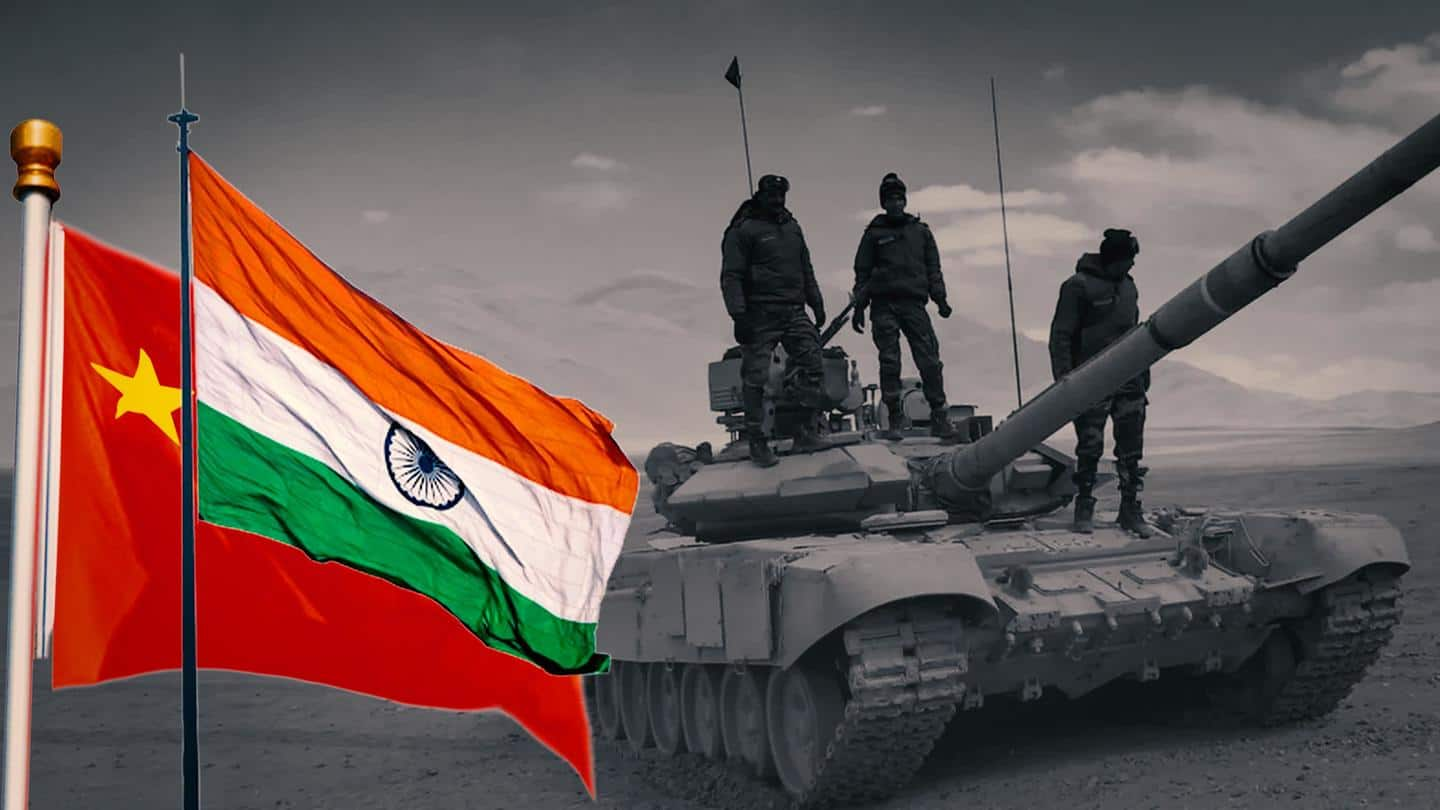
India to take up border issues with China before normalcy
What's the story
India has decided to take up long-standing border issues with China one by one before bilateral normalcy can be restored between the two neighboring countries.
India is looking to resolve stand-offs at Hot Springs, Demchok, and Depsang Bulge areas of Ladakh.
The two sides have been engaged in a border dispute since the deadly Galwan clashes last year.
Details
India has identified 18 friction points along the LAC
India has reportedly identified 18 controversial points along the Line of Actual Control (LAC) which need to be resolved before peace between the two Armies can be achieved.
"We intend to take up each friction point one by one so that both sides are clear about the arguments in support of their posture," a former Foreign Secretary said, according to Hindustan Times.
Context
Border dispute erupted after Galwan clashes last year
The future of bilateral ties between India and China will depend on the time taken to resolve the border issues that have flared up since last year's Galwan clashes.
Skirmishes had erupted in the Pangong Lake area last May, with both the sides suffering multiple casualties.
Thereafter, the two countries deployed thousands of soldiers and heavy weaponry along the LAC.
Talks
India and China have held multiple rounds of talks
India and China have since conducted numerous rounds of talks at military and diplomatic levels to ease off tensions.
Earlier this year, the two sides had agreed to disengage in the Gogra region of eastern Ladakh after the 12th round of talks, marking a major breakthrough.
All temporary structures and allied infrastructure were then dismantled in that area by both the Armies.
Other updates
Indian Army chief reviewing troop deployment in Ladakh
Indian Army chief General MM Naravane is reviewing the troop deployment before the onset of winter in East Ladakh.
The Indian Army is also matching up the increased Chinese Army deployments east of Lhasa to Nyingchi.
Meanwhile, a 13th round of talks between the two sides is expected to take place in the second week of October, Naravane said.